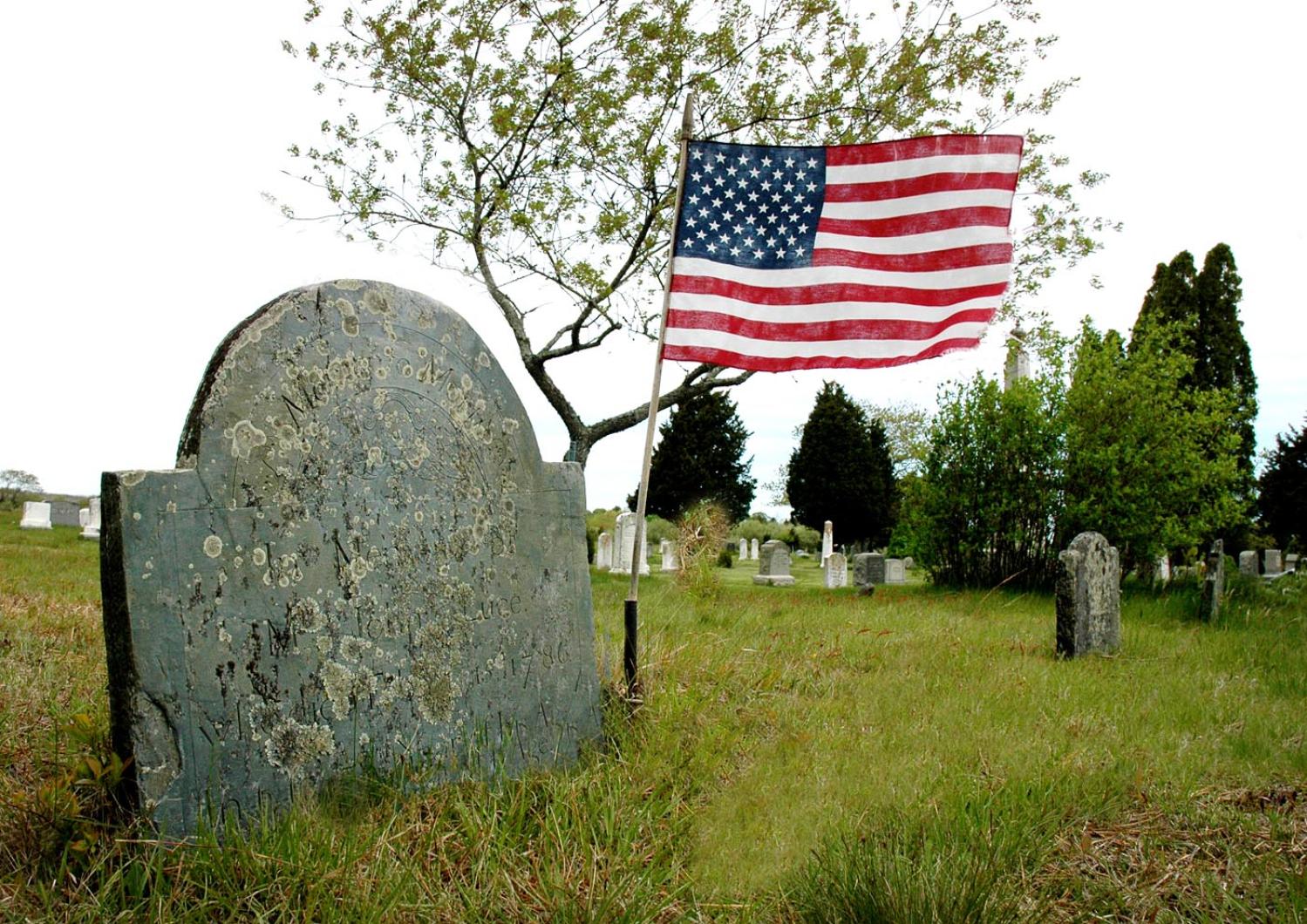Editor’s Note: Memorial Day is a day of flags and remembrance established after the Civil War, where some 620,000 men died, more than in any other American war in history. The battle at Gettysburg is probably one of the most poignant symbols of that war.
The following excerpt is from an upcoming novel by John Hough Jr. of West Tisbury. Titled Carry Me Home, and due to be published by Simon & Schuster in July of 2009, the book is about two brothers from the Vineyard and their childhood friend who enlist in the Union Army. The chapter takes place during the march of the Union and Confederate armies north from Virginia through Maryland to Pennsylvania. The year is 1863; it is two days before the battle of Gettysburg.
B y noontime the parallel roads had merged into one, bunching the army compressing it, making the going harder. It was still quite wet and there was little dust, and when you came up over a rise you could see the column stretch away solid to the horizon, like a dark ribbon or snake, with here and there a regimental wagon or ambulance swallowed in its midst, and the noncoms or second lieutenants out alongside, plodding along disconnected from the dense mass and oddly solitary. They marched all day, with halts of not more than five minutes, and by mid afternoon discarded knapsacks and rolled dogtents lay along the roadside, and the grumbling commenced.
“Goddamn Hancock, whoever wanted him to run this corps.”
“You did.”
“No more I don’t.”
“Blame the Rebs, boys,” said Henry Wilcox. “It’s them we’re chasin.”
“Why? Why don’t we just hunker down, let em come to us. Like they done at Fredericksburg.”
“Lee ain’t as dumb as Burnside, that’s why.”
“You think Meade’s as smart as Lee?”
“Jesus Christ I hope so.”
They passed through the little brick town of Mount Pleasant, where again girls fluttered handkerchiefs and women gave them bread and jars of milk as they strode by. They went up a broad green valley through a cherry orchard whose trees dripped heavy clusters of ripe fruit but the officers and noncoms were keeping a close watch on them now, hurrying them along, and there was no opportunity to break rank and help yourself to a handful. The sun fell to the horizon and they kept going, kept passing fields and copses and streams that would have made good stopping places, until they understood that it was not a good campsite they were marching for, but to gain position on the enemy.
“Are you all right?” Luke said. Thomas had been quiet awhile.
“If we’re going to fight I guess I’d prefer to get on with it,” he said.
“Hell,” Merriman said, “Tommy’ll outfight us all.”
“A scared pup when he got here, and look at him now,” Stackpole said.
“You’ll do good, Tommy. Don’t you worry none.”
“You ain’t alone in a battle,” Elisha said. “That’s what you got to remember.”
The sun went down, and they marched through the long summer twilight, through the dusk, and the fat moon rose and they legged on through its silver-lemon light and the sculpted shadows of trees and groves and roadside buildings. Conversation had died and there was no sound but the riverlike soughing of footsteps, the cowbell chink of canteens and dippers, and now and then an oath when a mosquito bit, or somebody’s heel was stepped on.
Another brick town, this one named Liberty, and Luke wondered why, liberty from what, for whom. It had gone late now, and the houses were dark, with only an upstairs window lit softly here and there. Halfway through the town, on the lawn in front of a stone church, the brigade band was playing while some dozen soldiers sang “We Are Coming, Father Abraham.” You could hear it up ahead, reeds and drums and a fiddle too, and the robust men’s voices buoyant above them, afloat on the night, boxed between the two-story brick facades on either side of the street.
“Who are them boys singin?” Merriman said.
“They sing good,” Elisha said.
“We are coming, coming, our union to restore,
“We are coming, Father Abraham, three hundred thousand more.”
General Gibbon, their division commander, was sitting his horse beside the singers, who stood forward of the band. He was leaning with both his gloved hands on the saddle pommel, eyeing the column as it flowed by, and smiling. Colonel Hall sat his horse next to him. The song was sprightly and the men caught its mood and saw the steely Gibbon actually smiling and smiled themselves. Their gait quickened, they fell in step with each other.
“That’s Billy McGuinness over there,” Merriman said. “Them boys’re Nineteenth Mass.”
“Well they sure sing good,” Elisha said.
A man and woman had come out onto the roofed porch of the house across the street in bathrobes and slippers.
“Chase em back to Virginia,” the man called to them.
“God bless all of you,” the woman said.
“If you look across the hilltops that meet the northern sky.
“Long moving lines of rising dust your vision may descry . . .”
Then it was behind them, slowly dying, gone by the time they passed the town’s last straggling buildings, a second church, a white-clapboard store of some sort with a gallery along its front, an incongruous-looking log house with a trellis laden with roses. They remembered it though, the surprise of coming on it in that silent sleeping town, the leavening feel of the music in their tired bodies, and the memory went with them down the wearying moonlit road, and, in some strange way, sustained them.







Comments
Comment policy »